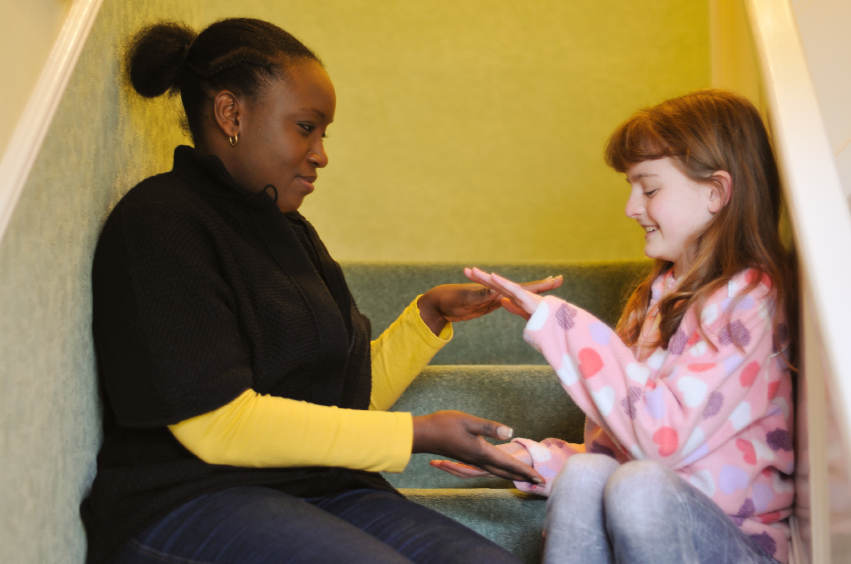Play is a child’s job when they are young. The natural medium of communication for children is play and activity. Play is the way children learn what no one can teach them.
Children’s play represents the attempt of children to organize their experiences and may be one of the few times in children’s lives when they feel more in control and therefore, more secure.
The philosophy behind child-centered play therapy considers play as essential to children’s healthy development and that play gives concrete form and expression to children’s inner worlds. Emotionally significant experiences are given meaningful expression through play. One of the major functions of play is changing of what may be unmanageable in reality to manageable situations through symbolic representation, which provides children with opportunities for learning to cope by engaging in self-directed exploration.
When a child is given complete freedom in her play, she can act out aspects of her life that are emotionally significant to her. A child can show through the use of toys how the child feels about herself and the significant persons in her life. When a therapist gets on the child’s comfort level through play, the play provides a means through which conflicts can be resolved and feelings can be communicated. Due to these reasons, play therapy is one of the most beneficial interventions with children with emotional and behavioral issues. (Landreth, 2002).
Landreth, G. L. (2002). Play therapy: The art of the relationship, 2nd ed. New-York, NY: Brunner-Routledge.
Cindy A. Geil, M.A.
WKPIC Doctoral Intern

